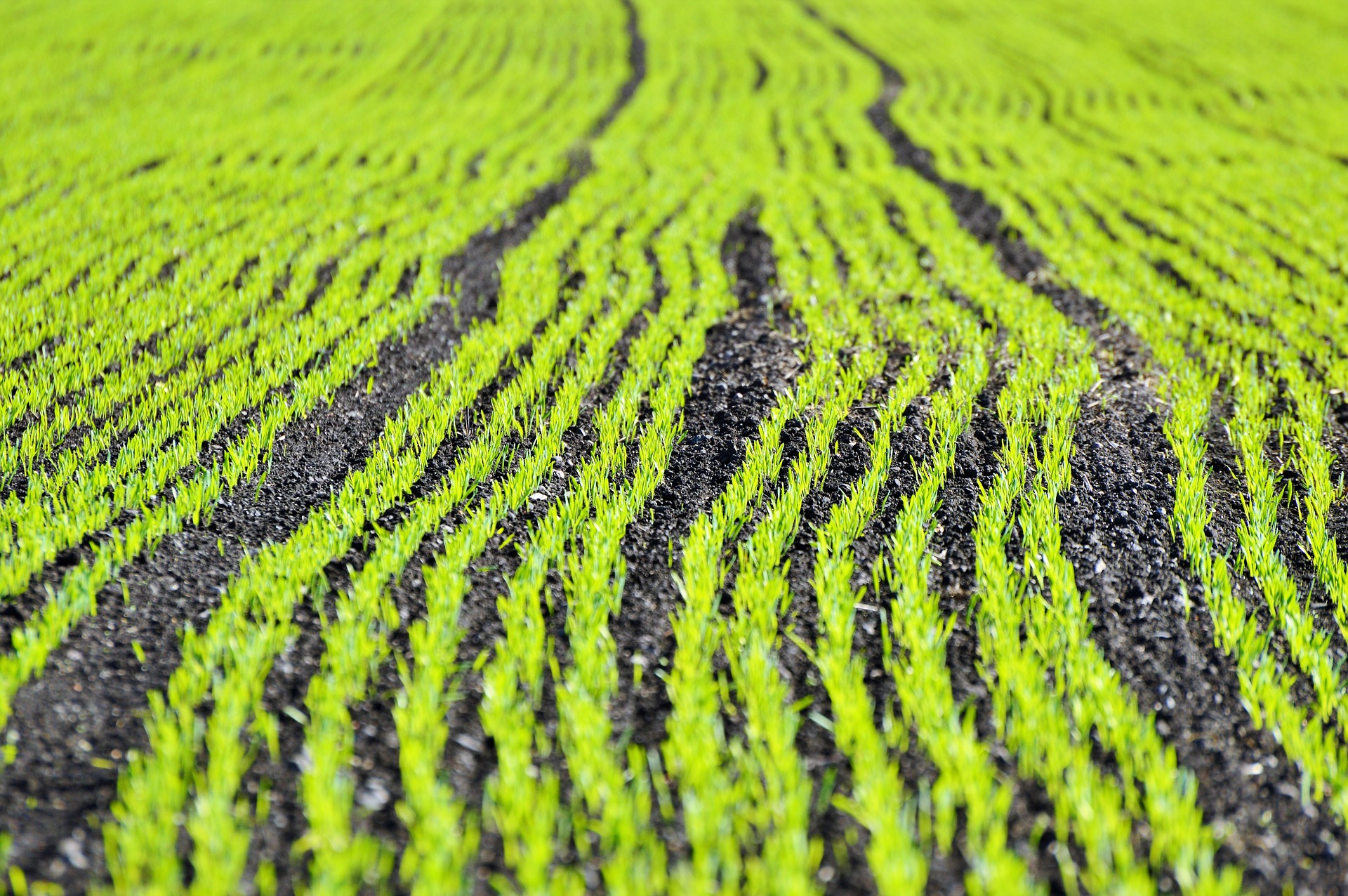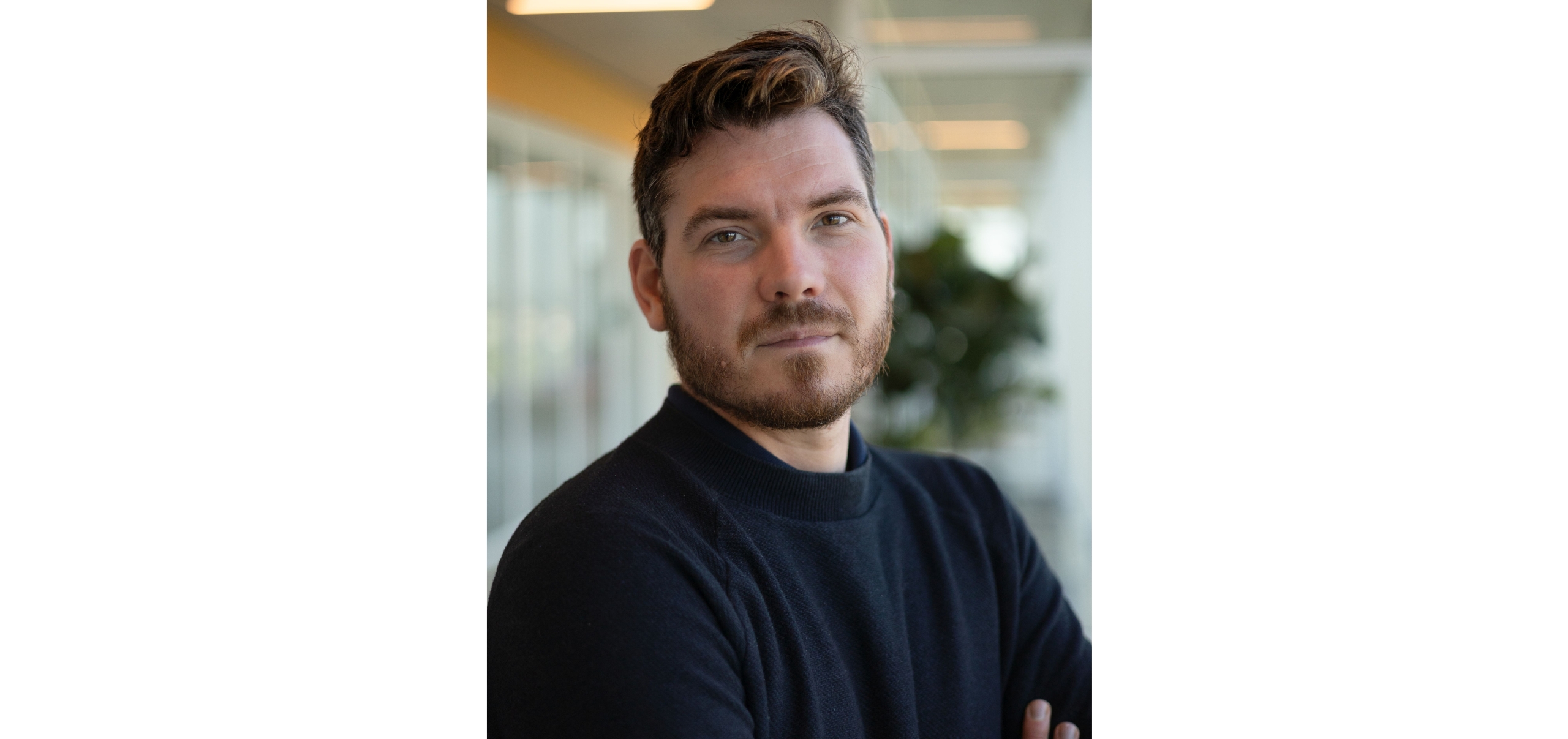

Arbitration
ACLP members have wished to put in place a powerful arbitration system, ensuring fair practices in the negotiation process related to the royalty fee. Indeed, negotiating the royalty fee is the only part of the licensing system that is left open to the Parties, as a standard license agreement has been agreed upon by all members.
In the unlikely event that Parties have difficulties to reach an agreement on the royalty rate, one can ask for a “baseball arbitration”. Inspired by salary negotiations in baseball, this mechanism requires Parties to make an offer they believe is reasonable and fair, to 3 arbitrators. Each Party chooses an arbitrator amongst a defined list (see below) and these 2 arbitrators choose the third. Arbitrators will decide which of the Parties’ royalty proposal constitutes the most reasonable royalty proposition (no “in between” possible), based on the rationale brought by the Parties and their own knowledge of the market. There is no “in between”, and this incentivizes parties to come up with reasonable, solid and well founded proposals on the market value of a patented trait, instead of taking the risk that the proposition of the other party would be chosen. Thereby it is prevented that bigger parties can leverage their stronger market power.
Small and medium-small members can benefit from free legal assistance, but breeders of all sizes possess the necessary business acumen to engage in fair negotiations.
The “baseball arbitration” mechanism, detailed in the Internal Rules (ACLP Internal Rules, p.13), has been designed to ensure a fair process for resolving disputes related to royalty fees, preventing larger parties from leveraging their market power. It is also possible that the “baseball arbitration” system will help solving potential issues of determining royalty fees in case of stacking of traits (combination of several patented traits in a single variety).
The list of arbitrators comprises persons with expertise and experience in the field of the seeds and traits business (including breeding, trait development and/or licensing thereof) in the Territory. After careful review of their CVs, each arbitrator has been nominated by the Board of the ACLP. However, during an arbitration case, a Party can ask for the withdrawal of an arbitrator in case of alleged conflict of interest.
Arbitrators shall also sign the Code of Ethics.
ACLP Arbitrators

Szonja Csörgő
Szonja is Hungarian and holds a degree in Law from ELTE Budapest University, an MA in French and European Law from Panthéon-Assas University (Paris), and an LL.M. in Intellectual Property and Competition Law from the University of Liège in Belgium. Szonja began her career at the Budapest office of the French law firm Gide Loyrette Nouel and later worked at the European Commission before joining Euroseeds. Over nearly 15 years at Euroseeds, she advanced from Legal and Policy Officer to Director of Intellectual Property and Legal Affairs. She then moved to ISF as Intellectual Property and Legal Affairs Manager before joining Bejo as Legal Counselor in March 2025.

Marcel Bruins
Marcel Bruins studied plant breeding and plant pathology at the University of Wageningen in the Netherlands and received a PhD for the research he did in Fusarium resistance in wheat. After that he worked for 10 years at plant breeding company Seminis Vegetables Seeds as manager of Plant Variety Protection. In 2007 he became secretary-general at the International Seed Federation (ISF) and guided the ISF into the modern era of communication, and greatly increased the service to its members. After seven successful years at ISF, he started as an independent consultant in the seed business. He led the secretariat of the International Grain Trade Coalition (IGTC) through a phase of transition and continued working as their scientific advisor. Besides being the editorial director of Seed World Europe magazine, he has been helping profit and non-profit organizations in the seed and grain sector with their questions on the seed industry and their ever-increasing regulations, plant breeding, plant breeders’ rights, intellectual property, trade facilitation and international outreach.

Robin Wood
Robin Wood has had a lifelong career in Horticulture and Agriculture, and following school he gained a BSc in Horticulture at the University of London (Wye College). Prior to joining Elsoms as the Trials and Brassica Crop Manager in the mid 1980’s, Robin spent time with ADAS as both Stockbridge House and Kirton Experimental Horticulture Stations being involved in field vegetable research. Following a period at Horticulture Research International (HRI), working at both Kirton and Wellesbourne research stations where he focused particularly on vegetable research and technology transfer. Robin returned to Elsoms as Vegetable Seed Director in 2004 and has served as Elsoms Deputy Chairman until December 2025. He is currently retired.

Anne van Gastel
With an agricultural and business education Anne started in 1983 with BASF and worked there in several management functions related to agriculture (crop protection, animal nutrition and Plantscience) in Europe and the USA. Good commercial skills and being fluent in English, German, French and Dutch has always been very helpful to obtain a good understanding of the business interest of suppliers and customers. Anne has retired from BASF many years ago and is now involved in various entrepreneurships projects linked to agriculture.

Jean Donnenwirth
Jean began his academic journey with a BA in Agricultural Technologies and Farm Management, followed by a specialized degree in Rural Law and Agricultural Economics from IHEDREA, Paris, in 1984. He later deepened his expertise in IP law through a master’s from CEIPI, Strasbourg University. Launching his career at Corteva/Pioneer in 1985, Jean spent over 37 years as an IP lawyer focused on Plant Breeder’s Rights and technology and germplasm licensing.
During his last two years at Corteva, Jean was an instrumental contributor to the establishment of the ACLP. He is convinced that the ACLP is a unique legal instrument at the disposal of the breeders and inventors that creates, in Europe, a balanced IP environment between PVP certificates and traits patents, large or small companies.

John-Pieter Schipper
After obtaining his MSc from Wageningen University, John-Pieter has occupied various management positions, first in the floriculture business in the Netherlands, before joining a Dutch cooperative as Managing Director. He is currently the CEO of Bejo, a Dutch family company, specialized in breeding, production, processing and sale of premium quality vegetable seeds. John-Pieter is also very much involved in the association world, being a member of the Board of Plantum (the Dutch seed association) and of the ISF (the International Seed Federation).

Arjen van Tunen
Throughout his career, Arjen has been working at the cross roads between strategic R&D in Plant Sciences & Agro Food Biotechnology and the application thereof for crop improvement. He has experience working in international teams and with international perspectives in many collaborations all over the world, including North & SouthAmercia, India, Japan and China. He has worked from a university (University of Amsterdam, professor Plant Biochemistry) and academic R&D institute (Wageningen University & Research Center) perspective and for the last 15 years from the perspective of an AgroFood Biotech company (CEO at KeyGene until 2023).

John Bloomer
John has over 30 years’ commercial experience in international research-based agribusiness, 25 years of which were in senior management and leadership roles in the agrochemical, biotechnology and seeds businesses of ICI, Zeneca and Syngenta. Since 2012 he has been an independent consultant, adviser, and Non-Executive Director within the international agricultural technology industry, bringing his experience in strategy, sales and marketing, R&D, licensing, mergers & acquisitions, creating and managing joint ventures and initiation of public-private partnerships to a wide range of clients around the world. In 2023 John co-founded TraitSeq Ltd, a spin-out from the Earlham Institute, which uses AI to accelerate trait and input development in agriculture. John has a strong network within the international agricultural research and technology sector and is also a Non-Executive Director of Elsoms (Spalding) Ltd. John has an MA in Chemistry from the University of Oxford, and an MPhil in Theology from the University of Cambridge.

Michiel Bontinck
Michiel is Belgian and holds a PhD in plant biotechnology from Ghent University and the Flemish Institute for Biotechnology (VIB). He has been active in R&D on crop improvement through biotechnology for over 10 years. In his current role as Business Development Manager for the VIB Center for Plant Systems Biology, he specializes in R&D and licensing of biotechnology traits (GM and NGT) within row crops, as well technologies for crop transformation and gene editing.

Dr Jonathan Clarke
Jon Clarke is the Head of Business Development and leads Knowledge Exchange and Commercialisation at the John Innes Centre. With 14 years of experience in innovation commercialisation, he has spun out eight companies, including one focused on healthy food snacks. Jon has a strong track record in fostering impactful partnerships, securing multiple grants and awards, and supporting early-career researchers in transitioning to industry and academia. He is currently a Director of MVpea Ltd and GXT UK, as well as a non-executive Director at Iceni Glycoscience Ltd and Persephone Bio Ltd He is on the Board of AgriTechE, and the AgriFood Industry Council for the New Anglia Local Enterprise Partnership where he leads on inward investment. In 2020, he became a trustee of the Royal Norfolk Agricultural Association. Prior to taking up his current role, Jon was the Chief Scientific Officer of the JIC Genome Laboratory which transitioned to become the Earlham Institute (formally The Genome Analysis Centre).